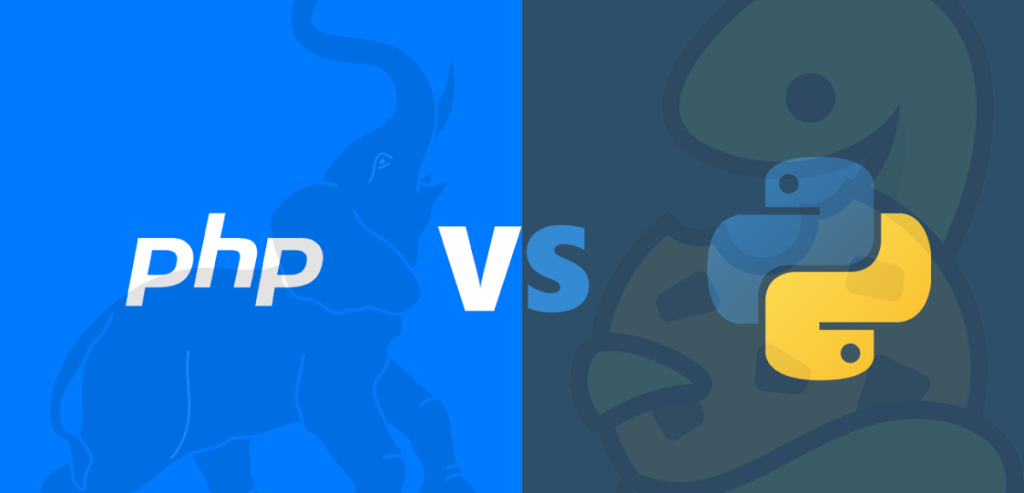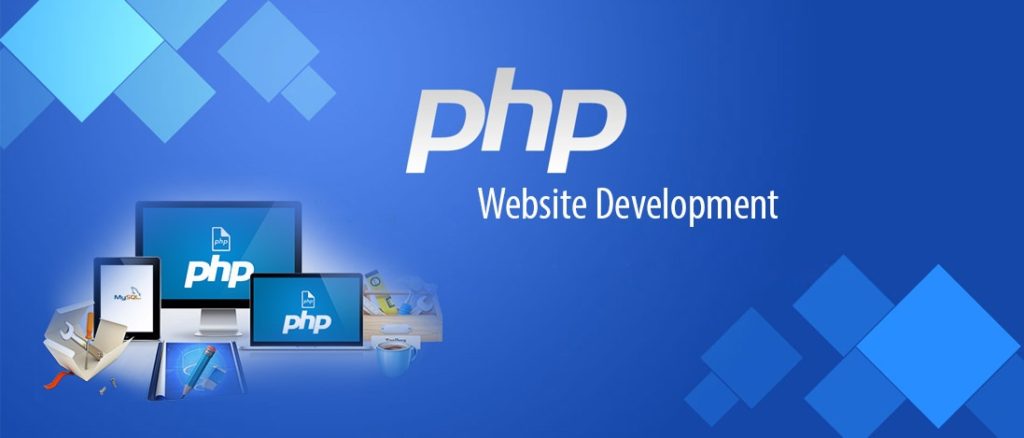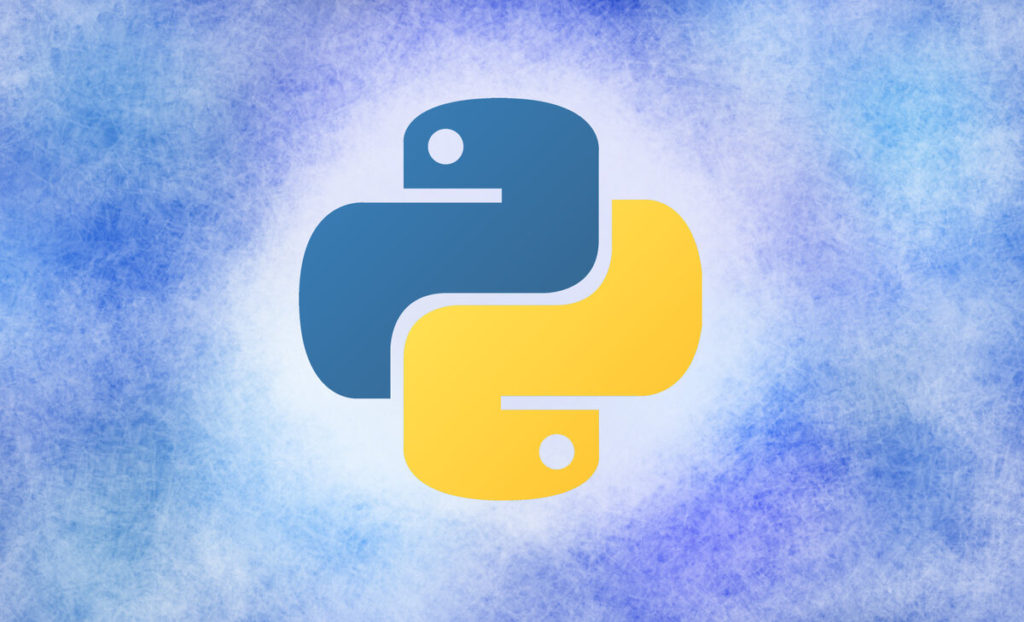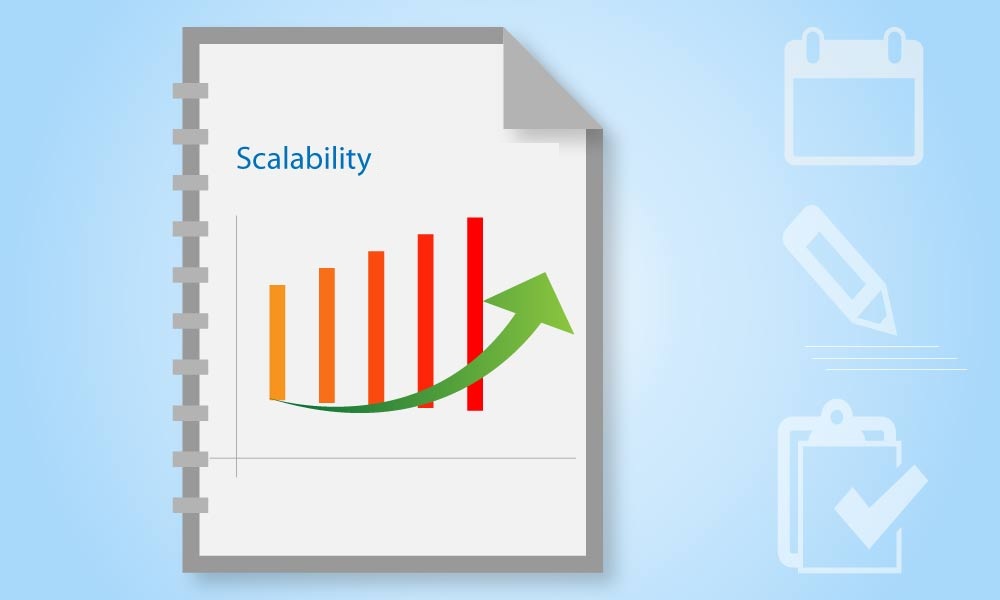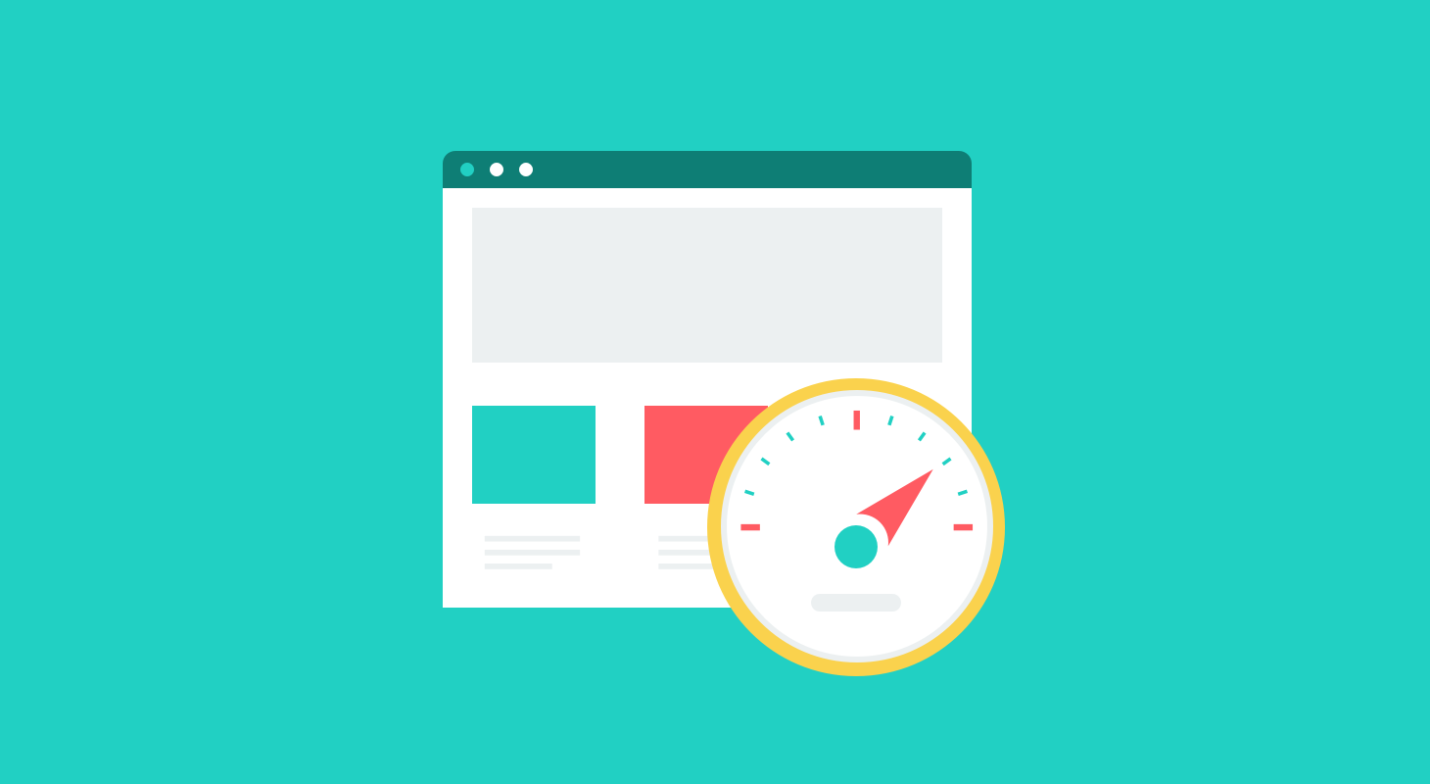Building your business presence in the digital landscape has become easily viable and an interesting journey for entrepreneurs where they can easily grab the potential customers. Right? It seems an easy and quick process- bring an innovative business idea to the table, share your requirements, get an expert development team, and get your application done from them.
Well, it is not that simple how it seems to be! Ask a developer and he’ll tell you the real pain and confusion they go through before coming up with an application. No matter you need to build an intuitive application or a responsive website, the foremost question that strikes a developer’s mind is- which programming language is the most trending and will be suitable as per the client requirements? Well, PHP and Python are the most well-known server-side languages which are preferred by the majority of the enterprises. If you ask a PHP developer, he would say that there is no better language than PHP, and while you reach a Python developer, he would say Python is the best language.
Contents
Which language is best from an Entrepreneur’s perspective?
Being a business owner, you need to invest in a programming language that not only helps you build a great application but even helps you acquire potential clients and get higher ROI and build a reputation in the market.
At this point, you can’t randomly invest in a programming language just because a developer or the vendor bragged about PHP or Python language, rather you need to carry out deep research about the latest programming languages and jot down the ones which perfectly meet your business requirements and can bring your great profits. So, in this post, we’ll put some light on both the languages- PHP and Python, and eventually learn which the better language for your business is.
History of PHP
PHP is referred to as a ‘scripting language for the web,’ but it’s not confined upto this and can even be used for numerous other purposes. Created by C. RasmusLerdorf, the PHP language was named as ‘Personal Home Page Tools’ by him. Lerdorf wrote the scripts in 1994 for tracking the views on his online resume and in 1998, PHP turned out to be a real programming language.
Eventually, the language kept on growing its popularity and by 2011, the team built a timeline to release new versions. With this, there seemed a need of every version to have 2 years of supports with respect to security and bug fixes. But for the projects, in the long run, it indicates higher costs for maintaining the codebase and keep the product up to date.
Where is it used?
The latest version of PHP i.e. 7.4.3 is used by approx. 38.7% of websites which run on PHP. Besides this, 60.8% websites still use the older versions of PHP, which are no more supported by the PHP development team. WordPress is a popular platform that is built over PHP development, other major industry unicorns that rely on PHP includes- Facebook, Slack, 9gag, Typeform, Hootsuite, MIT, and Lyft.
History of Python
Guido van Rossum, who released Python’s first version in 1991 and till 2018, he held the title of ‘Benevolent Dictator for Life’ for the language, which meant that all the modifications and decision making would only be made after his approval. Since its start, Python remained to be a general purpose programming language which was written as an alternative to a language known as ABC.
The 2.0 version got released in the year 2000, and the other following version got built under the Python foundation itself. As of now, 3.7 is the most stable version of Python, which is used by 34.6% of websites on the server side, while the websites still using the older version will lose support soon.
For the people who are building the app from scratch, Python 2 is not at all a preferable option for them. And for the ones who are already using version 2 for a long time, things might get uncertain for them in the coming time.
Where is it used?
Till the last year, Python held the 3rd and 1st place in the TIOBE and PyPL programming language popularity ranking, where it outranked PHP in numerous aspects. Though PHP is tough to master, the programming language is easy to learn and this is the foremost reason why various colleges globally prefer Python for teaching software development and data science.
Python development allows researchers and students to write easy scripts for complex computational tasks. As of now, Python applications can be used in various segments, including- website development, numeric computing in science, engineering, and mathematics, building eCommerce and enterprise systems, and building control and management and testing in the software development lifecycle. Being the popular technology in the segment of AI, machine learning, scripting, and system testing, the major tech-giants that make use of Python includes- Uber, Netflix, Spotify, Instagram, Dropbox, Google, Pinterest, Reddit, and Instacart.
Which is better for your business?
Selecting PHP over or Python or Python over PHP has always been a tough call. Where the majority of the websites are programmed in PHP, Python has been experiencing a great upwards trend since the last two years. As an entrepreneur, it becomes difficult to choose which the best programming language out of both is. Well, there has been a cold war between both languages, but we’ll discuss in detail that programming language is better for your business.
So, let’s get started and explore which language is suitable for businesses in 2020 and beyond- PHP or Python?
Scalability
Since the businesses grow with time, their customer demands and industry standards too update with time. At this point, we all wish to upgrade our websites and applications in order to deliver a great user experience to the end customers.
Well, at this point, you need to invest in a technology that offers a smooth scalability feature for your business. In context to scalability, Python offers high scalability and flexible adoption to the latest and upcoming trends. Like in Django framework, the framework comprises of the wired-up and ready-to-go component which are independent of each other. And Instagram relies on Django framework, which helps in maximizing its web service efficiency while scaling to handle its millions of customers.
On the other hand, PHP is less compatible to cope up with the growing trends and industry needs and it lags behind Python in terms of scalability.
Speed to Market
In the highly competitive digital market, every business is on the hunt of speeding up their digital transformation journey, where you’ll have to create an MVP at the earliest for raising funds for further product development. This is the reason why you must bank on the suitable language for the web app. And when we talk about Python, it comes up with great third-party libraries, packages, and modules, for completing projects quickly with short codes, unlike PHP.
Speed & Performance
Since the lives are becoming smart and busier than ever before, people don’t have enough to spend on a website and leave the website right away if it takes more than three seconds to load. So, you have a clear idea of how crucial speed and performance are in today’s time. Python has a Just-in-Time (JIT) compiler, which makes it a fast and powerful language while overruling PHP. With JIT, when the files are compiled, there is no need to recompile them.
While in the older PHP versions, they all are slower as compared to Python. But, with the release of PHP 7.x, Zend Engine 3.0 was released that made PHP a faster language.
Security Concerns
Nowadays, cross-site request forgery, SQL injection, and cross-site scripting are the major security vulnerabilities and the cost for fixing these get higher while you progress across the software development lifecycle (SDLC). And when businesses look for the programming language for developing secure apps, Python is amongst the preferable choice for the backend development. Like Django is equipped with great security features that protect the app from numerous security threats.
However, PHP fails to cater to the growing security needs and doesn’t have a great record in terms of security aspects as compared to Python.
PHP and Python both of them have their own set of advantages, but as of now, Python is more preferable as we have seen in the above points. Python has turned out to be a versatile, secure, and scalable programming language that surprises the businesses with its other set of benefits. No doubt, both languages have great support of large communities; still, Python has come up as a great tool for all-sized businesses globally.

